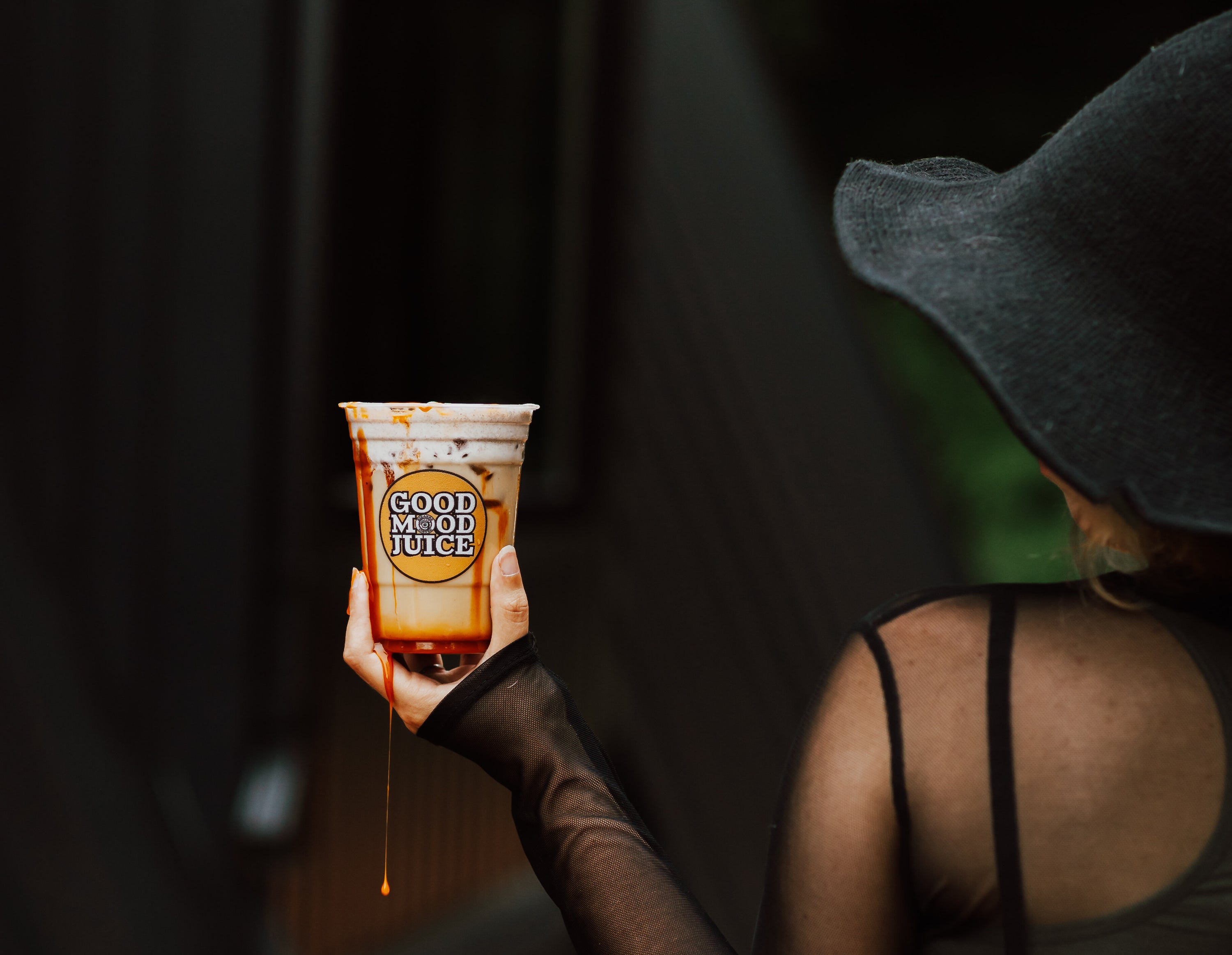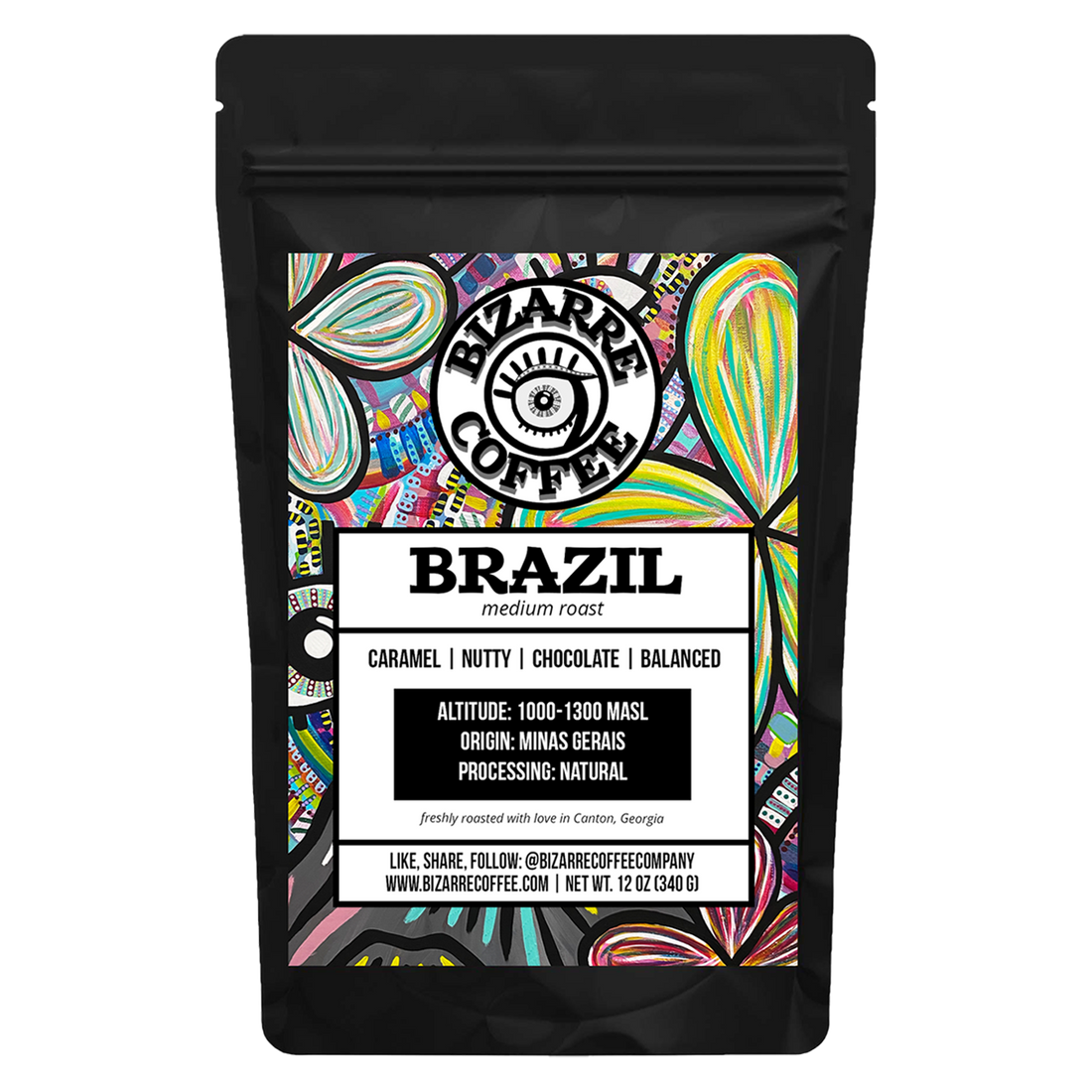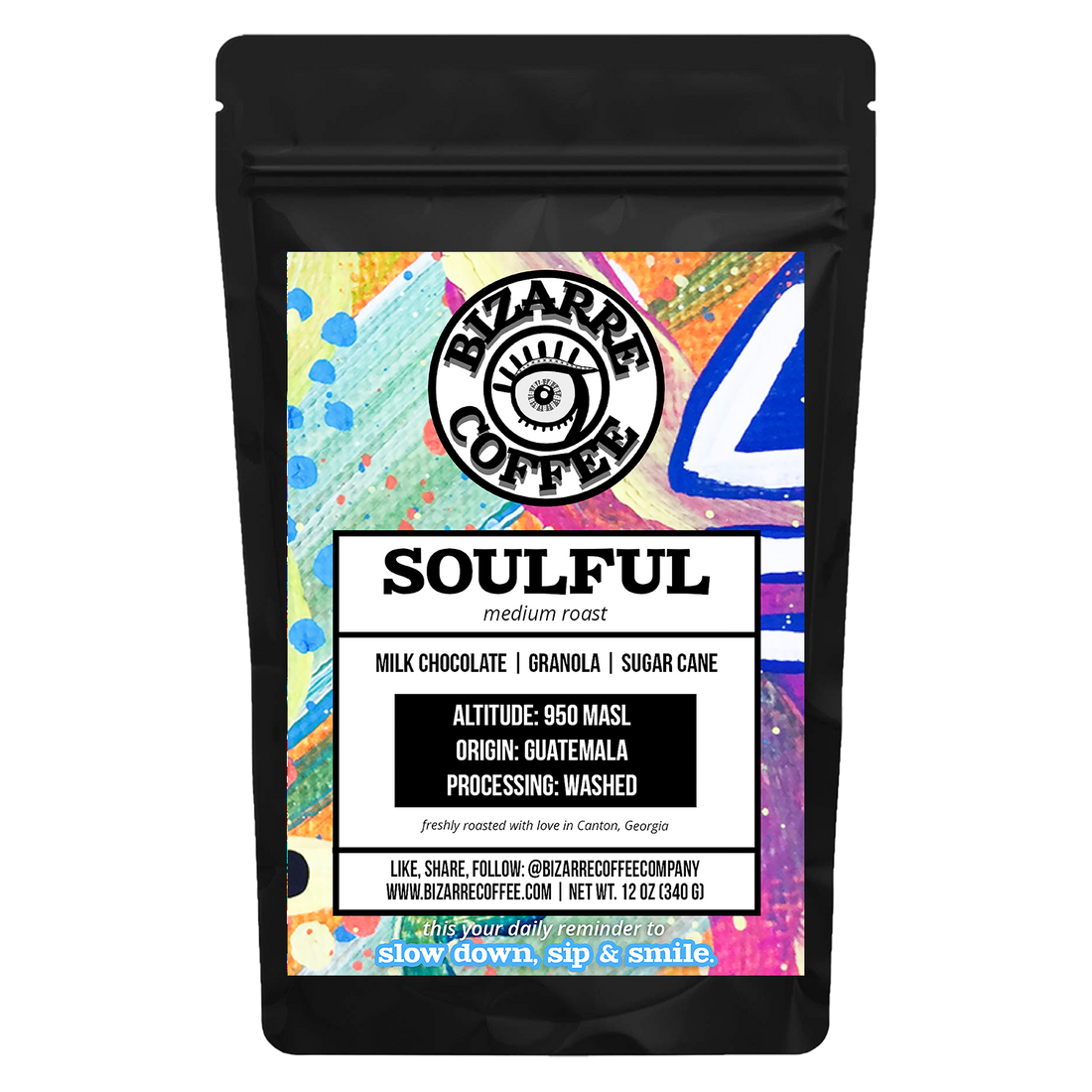Calling all spooky lovers! 👻 Sure, we know a lot about coffee—iced lattes, espresso shots, and that perfect morning brew. But on a real note, we didn’t know much about the eerie origins of coffee and its weird history on this planet. Turns out, coffee has a past as weird as we are, and we’re here for it.
Since we’re obsessed with all things creepy (especially when it involves coffee), we dove into the haunted corners of coffee history and discovered 13 weird facts about our favorite drink. Grab yourself a cup of this once-demonized drink, and get ready to discover some strange coffee secrets that will make your next latte feel extra spooky!
Get cozy, get caffeinated, and let’s take a creepy stroll through coffee’s mysterious beginnings.
Weird & Spooky Facts about Coffee

1. Coffee Bans
In the shadows of history, coffee was once feared so much it was cast out like a cursed potion. Yes, it's wild to think about, but coffee has been banned on multiple occasions throughout history. At its origins, many cultures weren't sure how to react to this new stimulating beverage and its potential impact on society.
- In 1511, coffee was banned in Mecca, Saudi Arabia, after Governor Khair Beg feared its stimulating effects could inspire radical thinking and unite the people against him.
- In the 16th century, when coffee became popular in Italy, many Catholic Italians didn’t trust its Middle Eastern origins. Some even called coffee a “demonic drink,” believing it could cause mind-altering effects. As a result, coffee was briefly banned.
- Sweden took it even further, banning coffee five times between the 1750s and 1820s! King Gustav III believed coffee had negative health effects. Ironically, he conducted an experiment with twins—one drank coffee frequently, and the other didn’t. The coffee-drinking twin outlived his sibling, proving that maybe coffee wasn’t so bad after all.
2. Coffee and Witches
In the 16th and 17th centuries, coffee often got linked to witchcraft 🧙. Its stimulating effects, association with women and herbalists, and its newfound popularity made people suspicious—especially during the height of the European witch hunts. Women who brewed or served coffee were sometimes accused of creating “witch’s brew,” while fortune-tellers used coffee grounds in divination, adding to its mystical and supernatural reputation.
3. Death by Coffee
Back in the day, coffee was misunderstood. People feared its stimulating effects and thought too much coffee could lead to madness or, in extreme cases, even death. Medical practitioners of the time worried that coffee's high caffeine content could overstimulate the heart and nervous system. While it is technically possible to overdose on caffeine, you’d have to drink around 100 cups of coffee in a day to reach lethal levels. So, no need to worry—unless you’re brewing up a truly extreme amount!
4. Summoning Ghosts with Coffee?
In some cultures, coffee is believed to have mystical properties, even being used in rituals to summon or communicate with ghosts. The rich aroma of brewing coffee is said to attract spirits, particularly during ancestral offerings or ceremonies. In parts of the Middle East and Latin America, coffee plays a key role in rituals meant to connect with the otherworldly. Brewing and sharing coffee with deceased ancestors is seen as a way to honor them and invite their presence. While largely symbolic, these traditions reveal coffee's deep-rooted connection to the supernatural in certain folklore.
5. Strange Beginnings
In 9th-century Ethiopia, a goat herder named Kaldi noticed his goats acting strangely after eating bright red coffee cherries—dancing and full of energy. Curious, Kaldi tried the cherries himself and experienced the same stimulating effects. He took his discovery to local monks, who used the coffee to stay awake during long prayers. Some versions of the story even suggest that coffee was initially linked to supernatural or spiritual powers because of its intense effects, making its beginnings both strange and mystical.
6. Where does the name Coffee come from?
The name "coffee" actually has its roots in the Arabic word "qahwa," which originally meant "wine." Coffee was first cultivated as a crop by a Sufi sect in Yemen between the 14th and 15th centuries. The Sufis loved coffee for its ability to help them stay awake during their late-night spiritual practices, called “dhikr,” where they chanted the name of God. Over time, "qahwa" evolved into the term "coffee" as it spread across Europe, eventually giving us both the drink and the word we know today.
7. Coffee was know as "The Devil's Brew"
Some European legends refer to coffee as the "Devil’s brew," claiming the Devil created it to keep people awake at night, stirring them into chaos. This suspicion likely arose in the 16th and 17th centuries when coffee was a new and exotic drink in Europe, imported from the Middle East. Its stimulating effects were seen as strange and even dangerous, with some religious figures calling it Satanic. However, after Pope Clement VIII tasted coffee and gave it his blessing, it became more accepted in European society.










